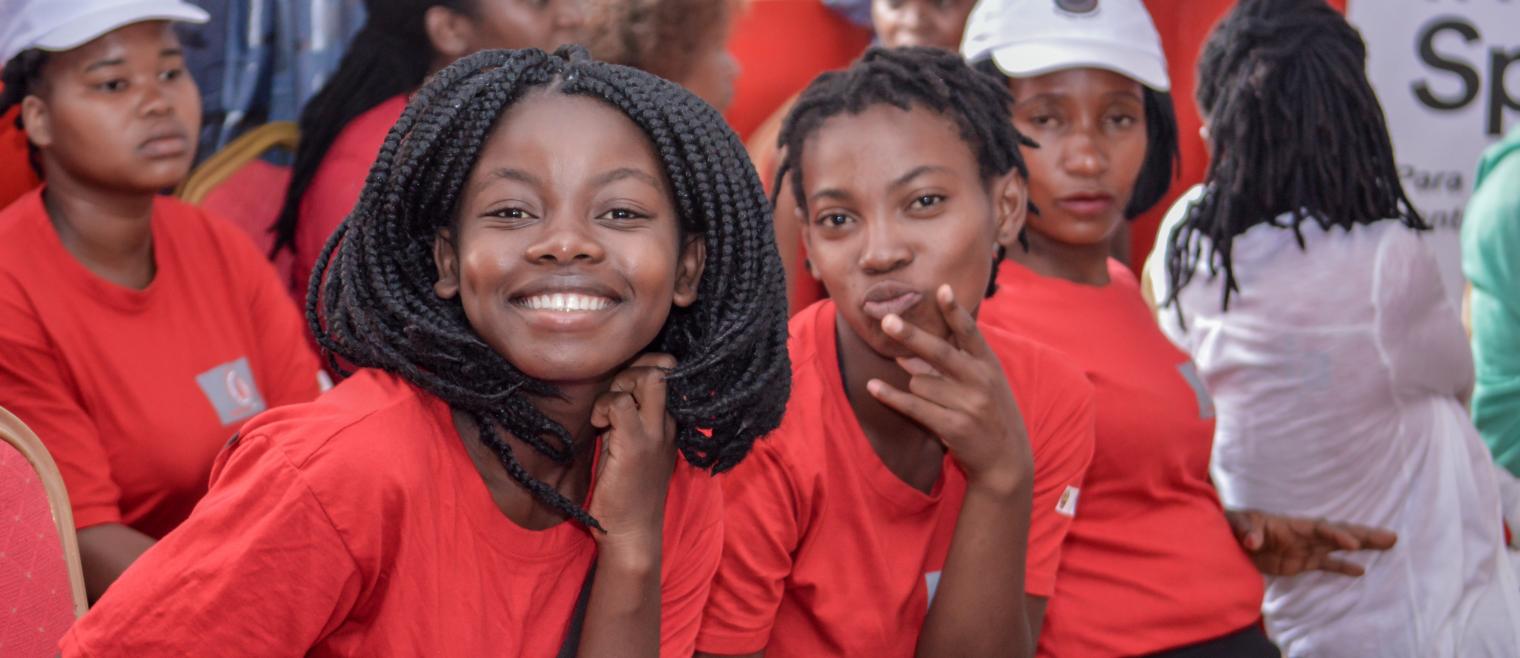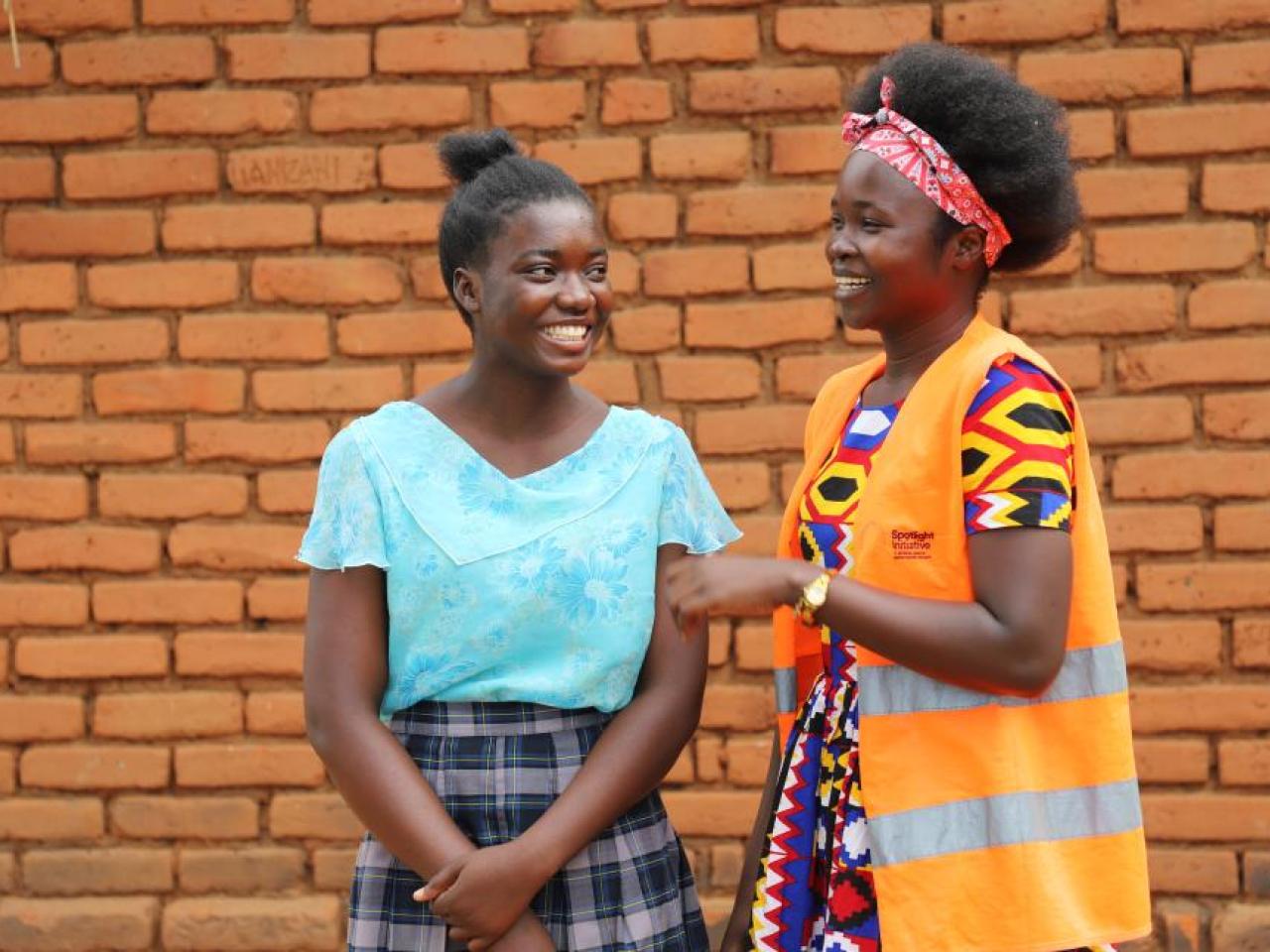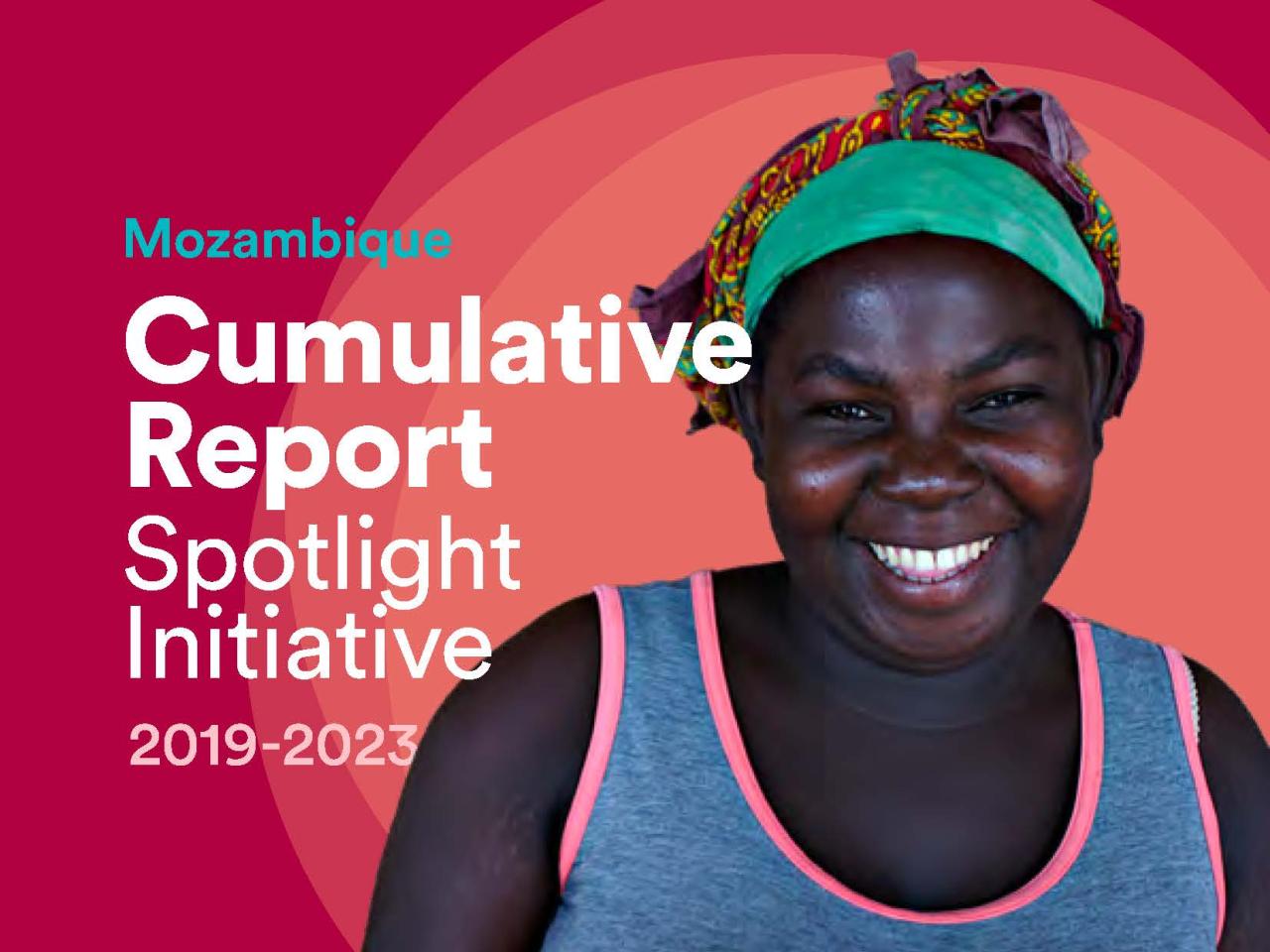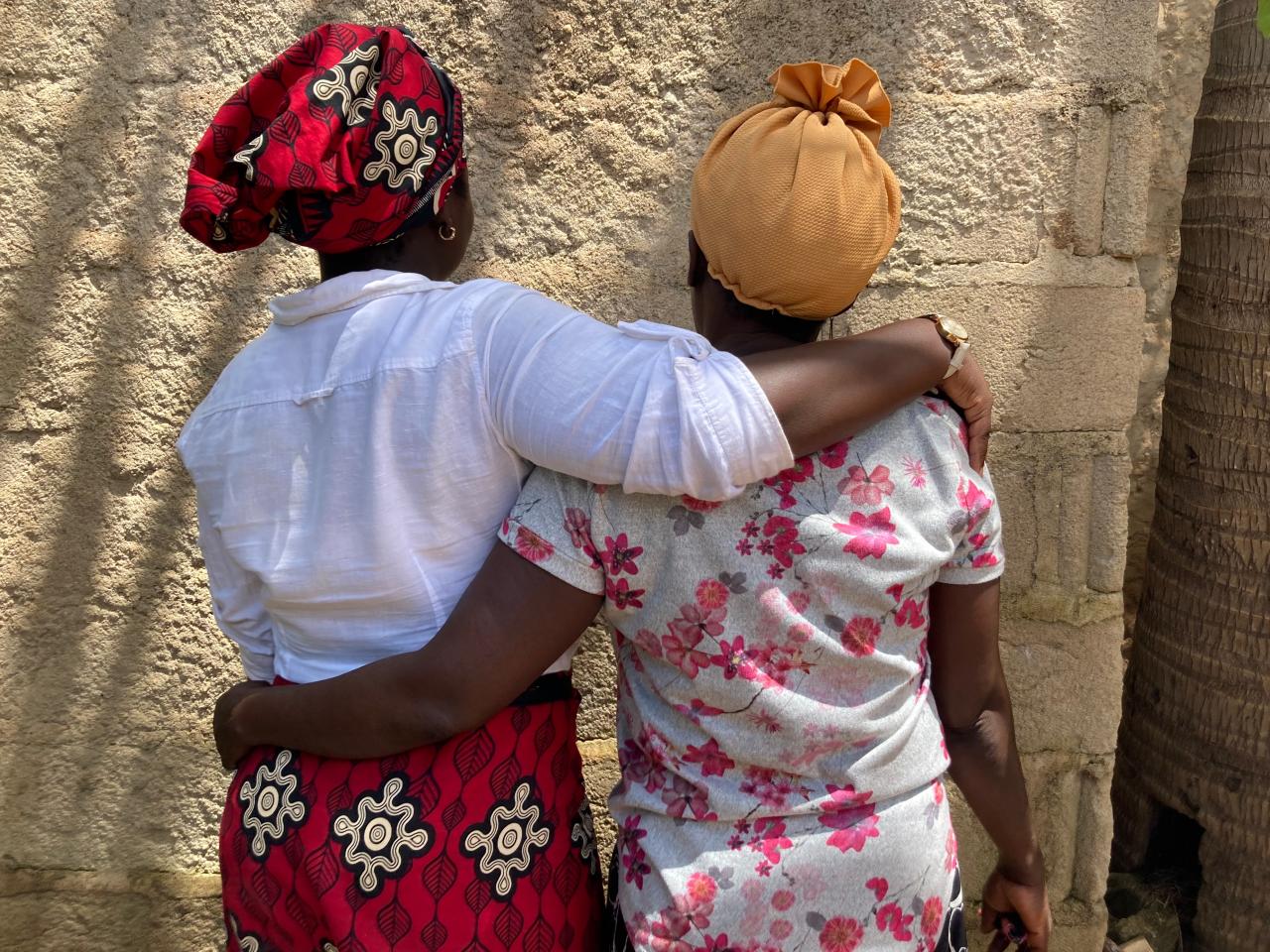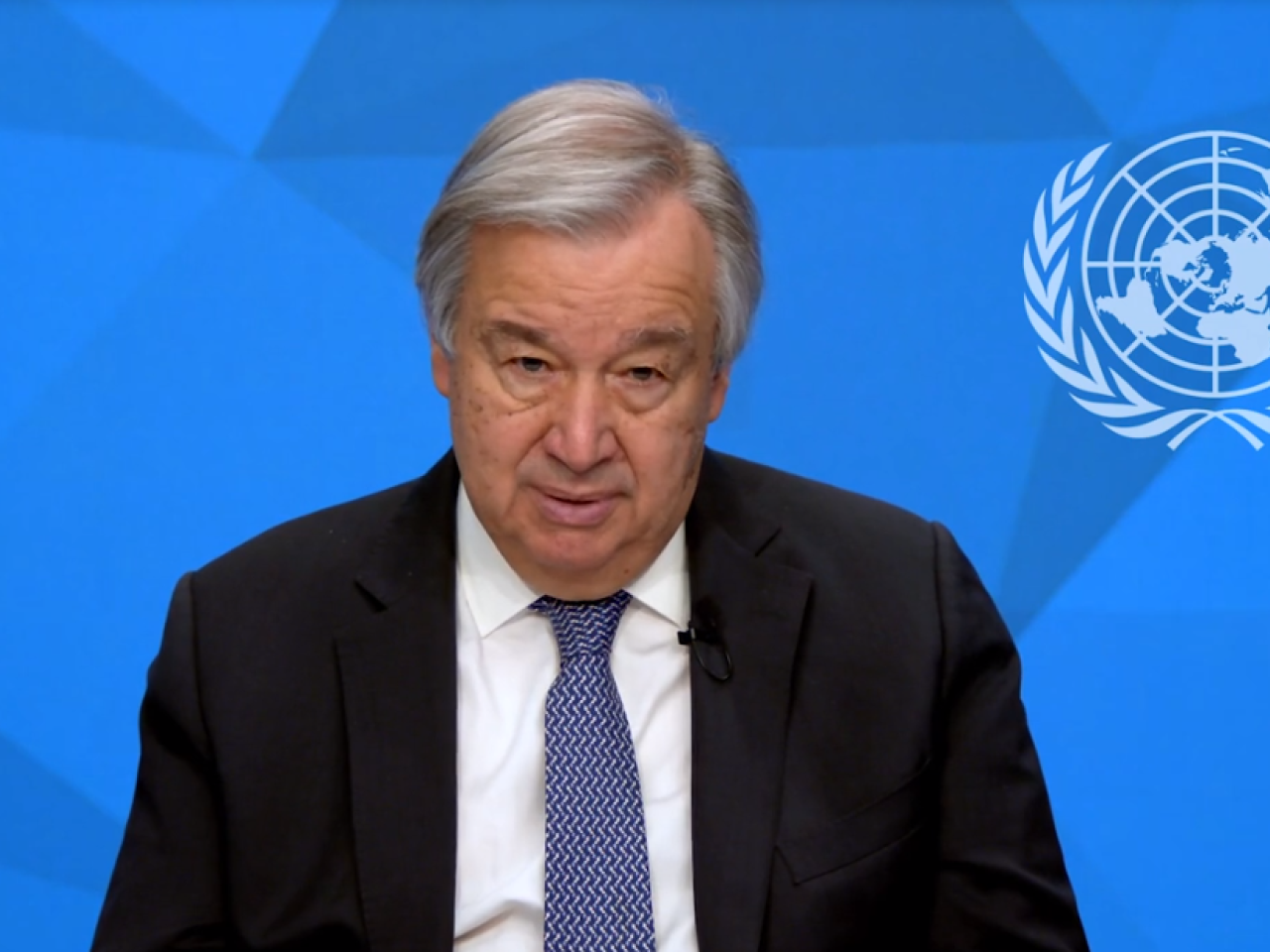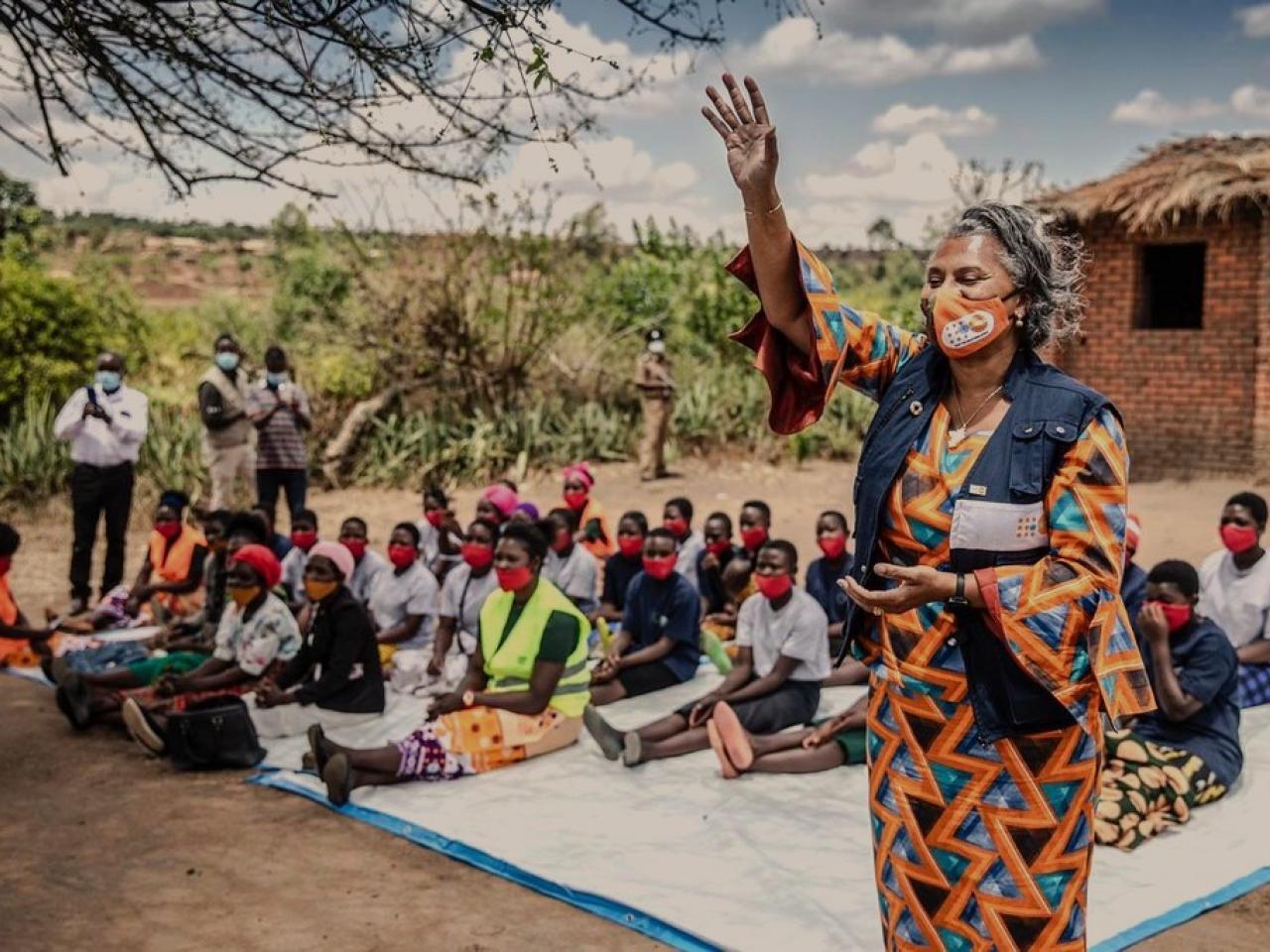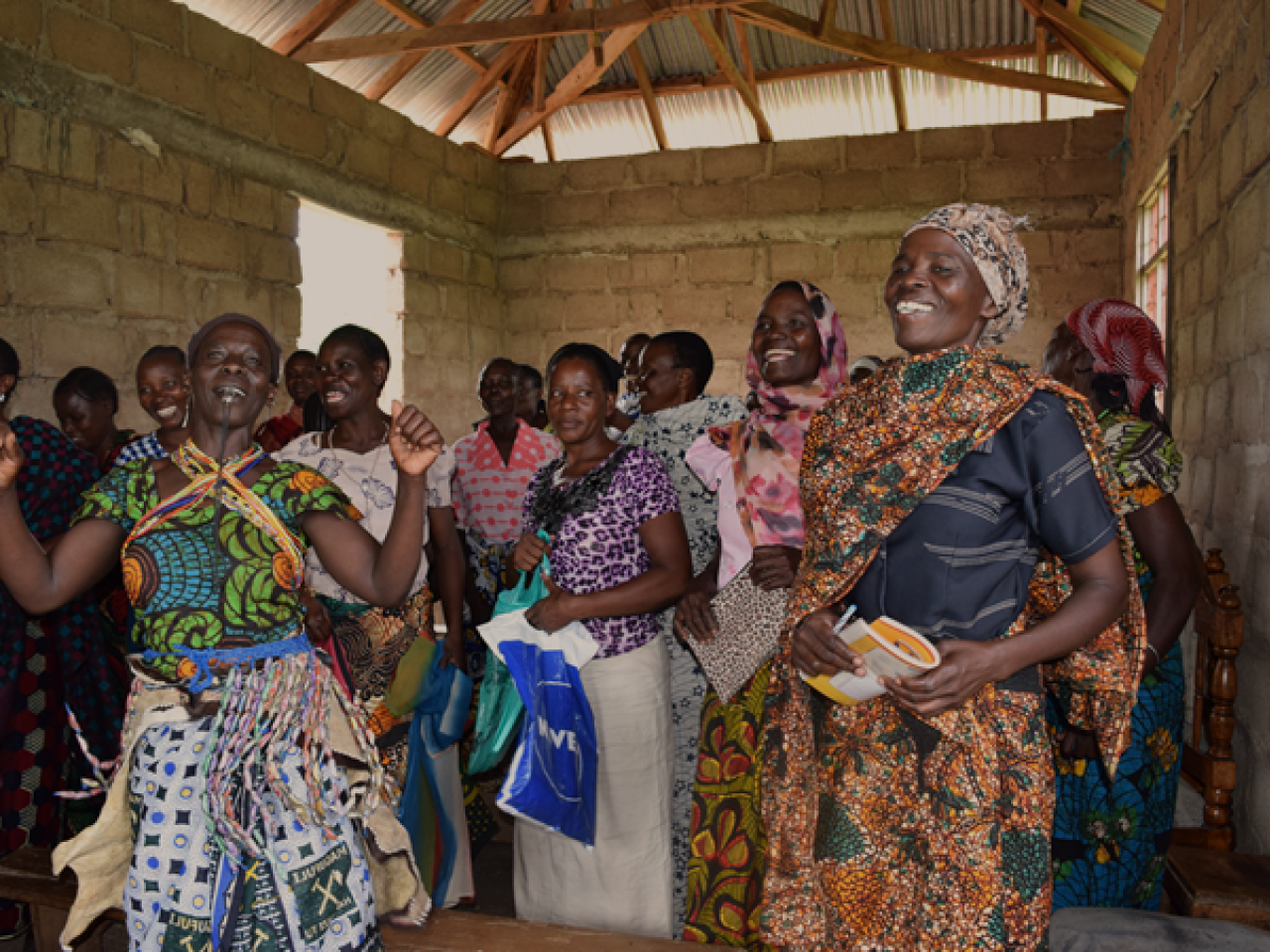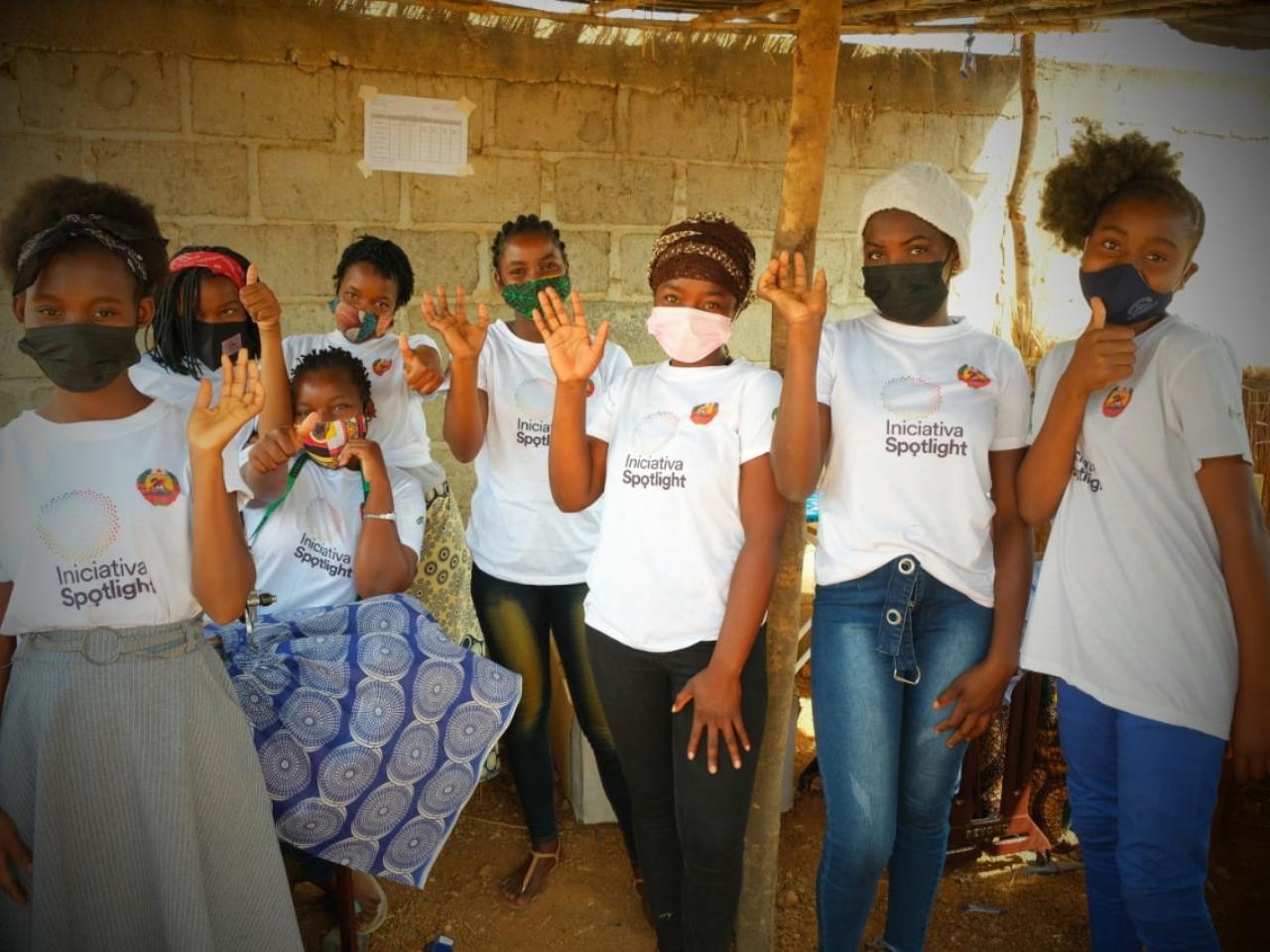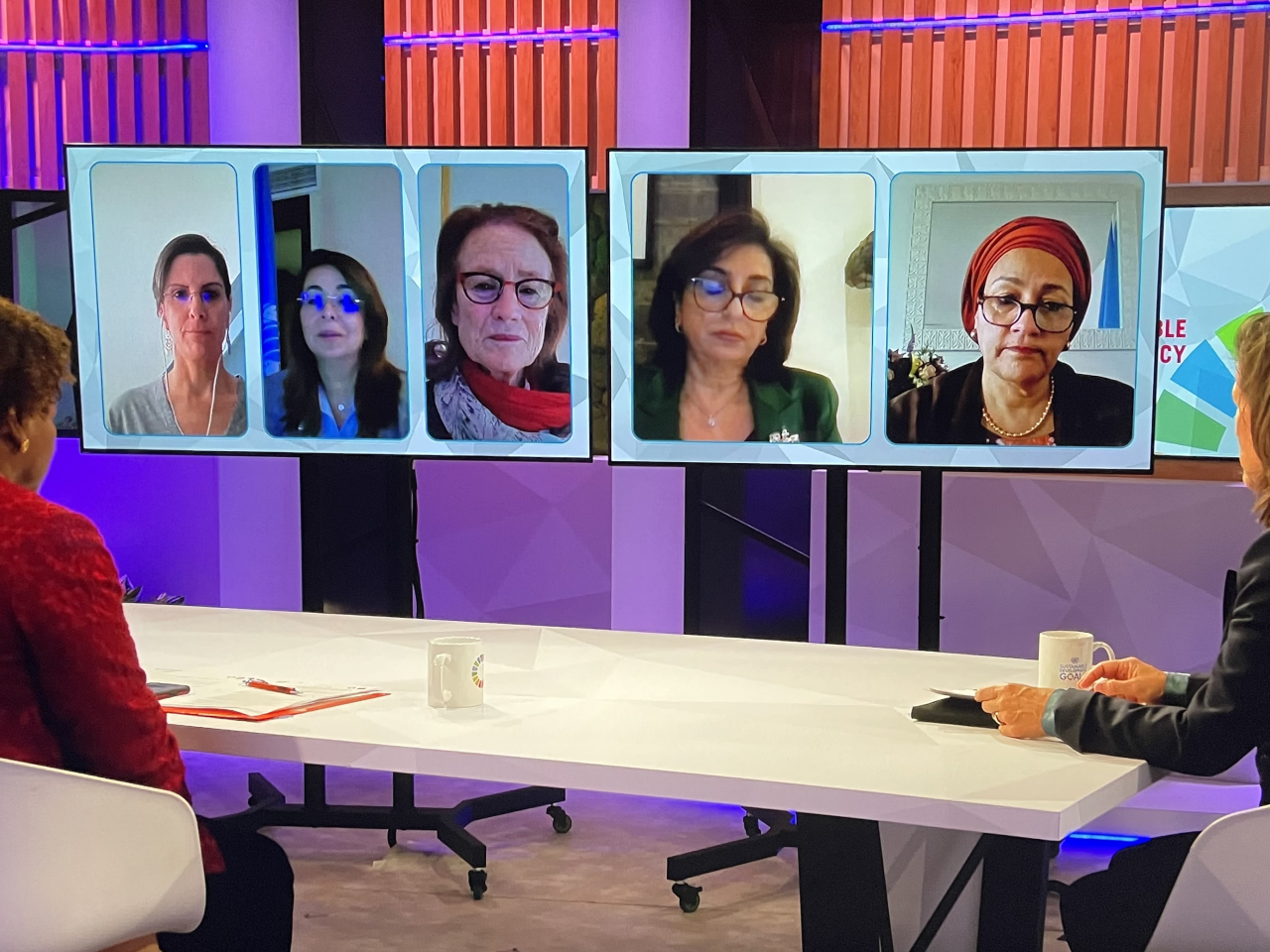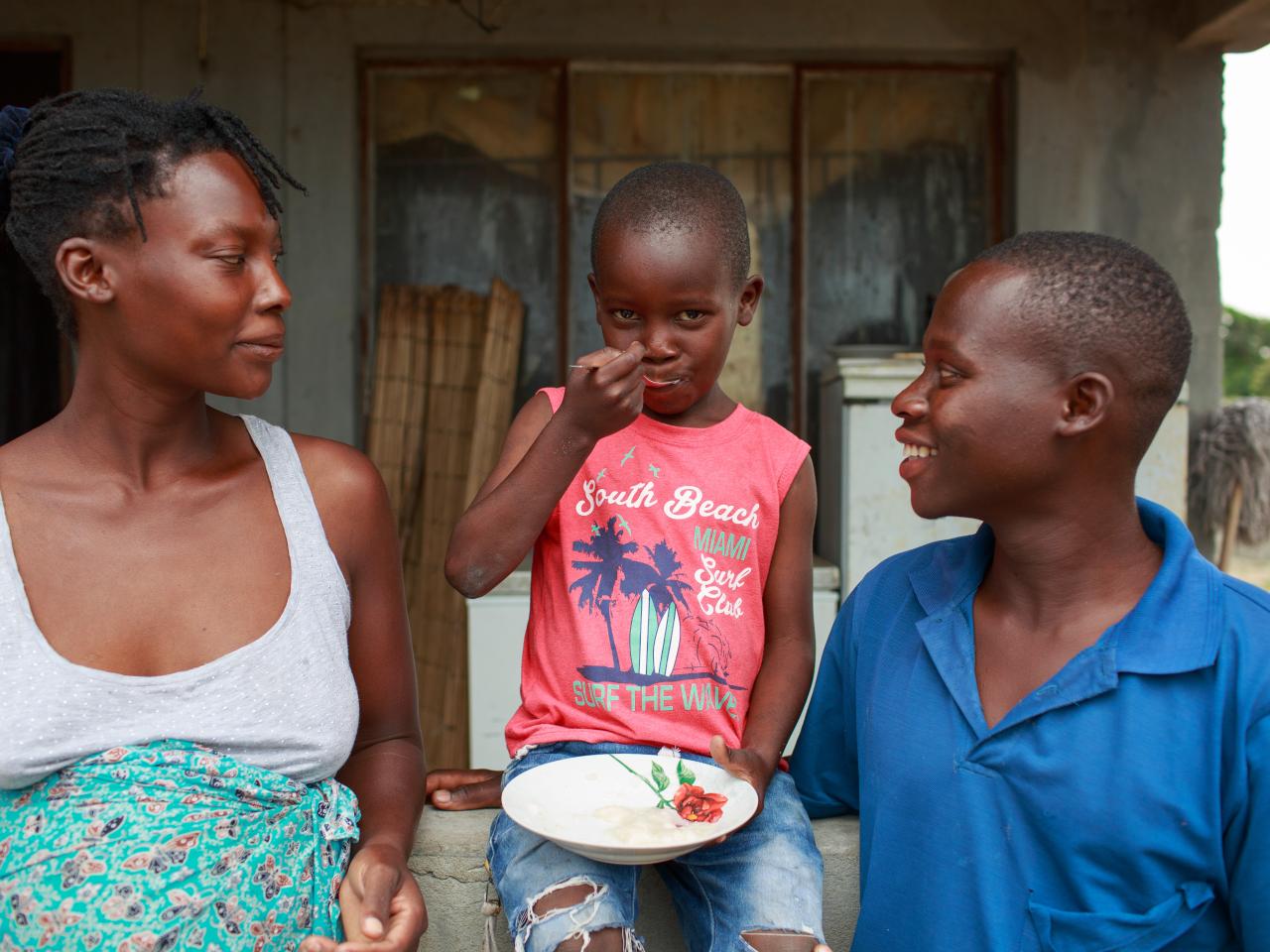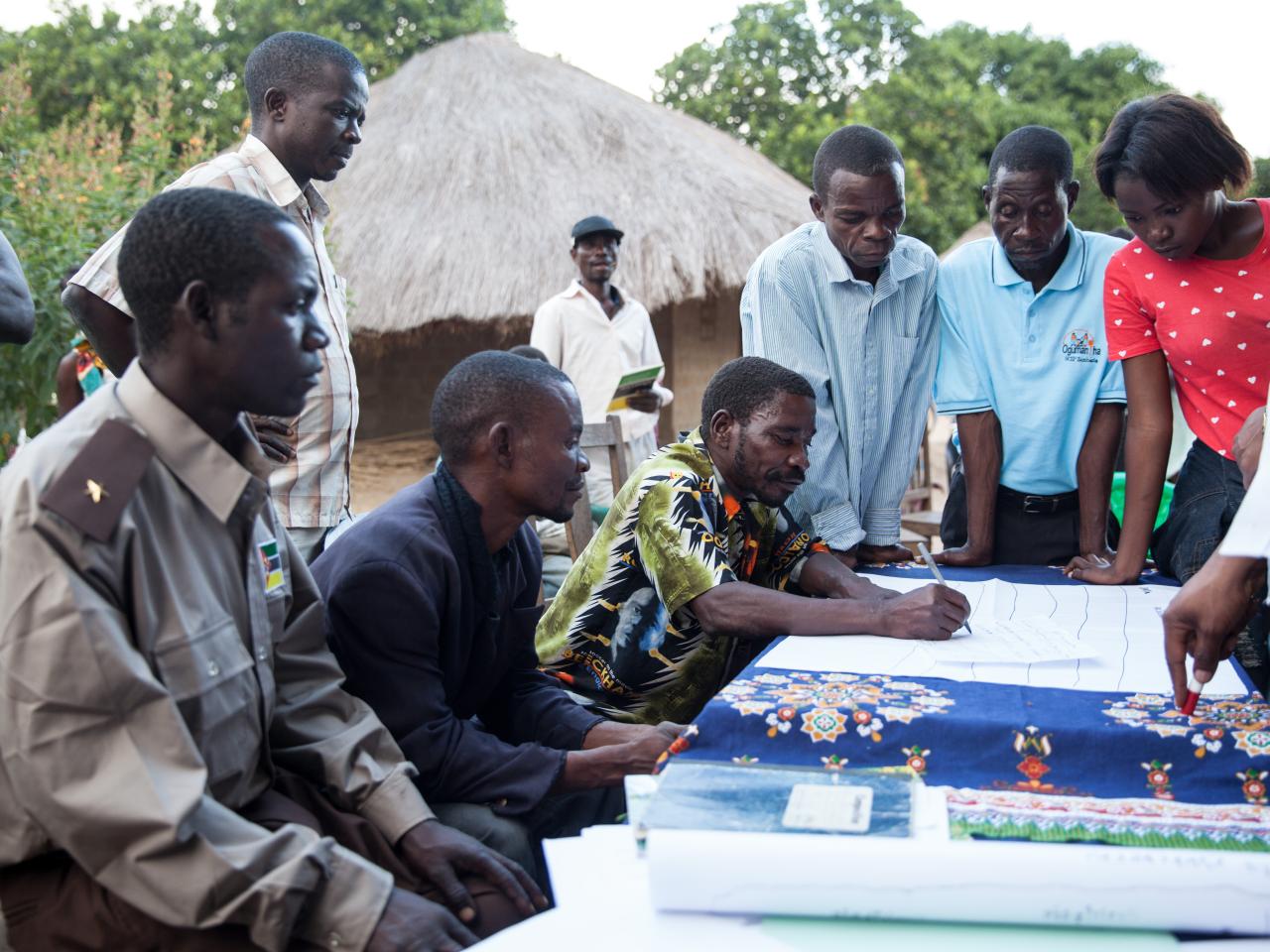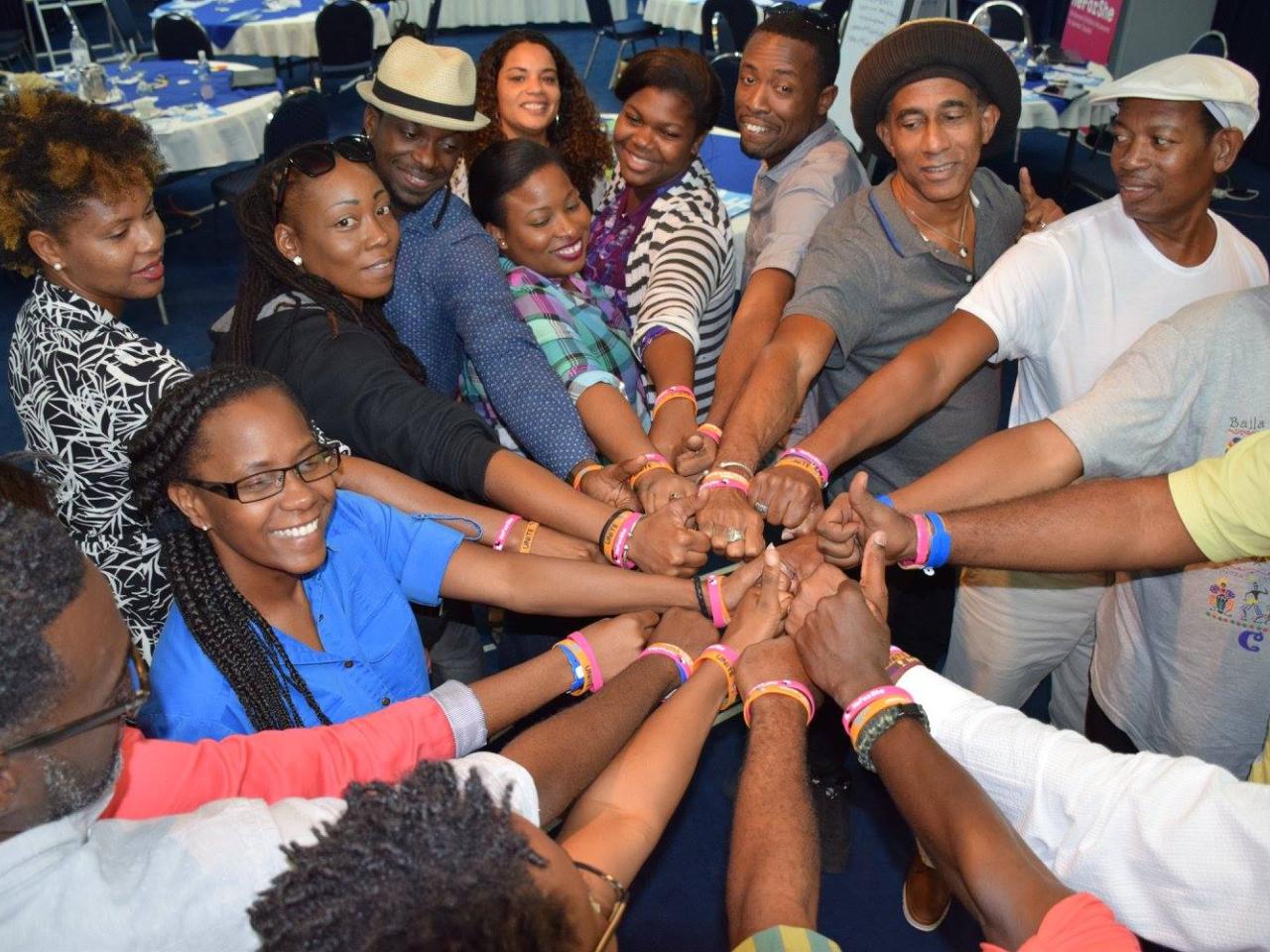The programme has a planned four year duration (2019-2022).
Total cost: $28,500,000
Targeted beneficiaries (by December 2022)
Direct: 641,156 | Indirect: 5,356,631
Beneficiaries reached (by December 2020)
Direct: 2,785,736 | Indirect: 28,764,846
Innovations
Improving data accuracy: Most countries lack an accurate database that integrates data on gender-based violence from all institutions qualified to provide immediate assistance to survivors, namely: health, police, social and legal services. Mozambique has started to address this gap, using “InfoViolência”, a digital platform for registration of gender-based violence cases by the police, which will ultimately open the door to an integrated database that encompasses the whole gender-based violence referral system in the country – allowing for more tailored and contextually relevant support.
Use of information and communication technology: Mozambique is adopting new ways to maximize communications’ reach and stimulate social action for behavioural change. This includes building on the SMS BIZ/U-Report platform, through which adolescent and young women can access comprehensive and personalized information on reproductive health and sexual and gender-based violence, using their mobile phones.
Grassroot mobilization of women’s organizations: Community-based organizations (CBOs) have been organizing themselves through “platforms” that promote collaboration and exchange of experiences. These platforms contribute to magnifying CBOs’ ability to report cases of gender-based violence to local authorities, to advocate and to influence policies and laws that can benefit women and girls.
Increasing access through essential and quality mobile services: Over 60 percent of Mozambique’s population lives in rural areas, with many living far from the nearest health facility. Mobile clinics deployed to hard-to-reach communities now offer a broad range of services, including sexual and reproductive health services and referral for gender-based violence cases. By offering a broad range of services, it becomes easier for a survivor to approach the mobile clinics, avoiding stigma.
One-stop centres: One-stop centres offer survivors integrated services on health, psychosocial support, police and legal assistance, as well as temporary shelter. By having all services under one roof and by recording each case in a single file, confidentiality for GBV survivors is improved and facilitates comprehensive support.
UN agencies
UNDP, UNFPA, UNICEF and UN Women
National Focal Point: Jeronimo Tovela jeronimo.tovela@un.org
Civil Society National Reference Group
List of members
Photo: LUARTE/Etevaldo Orlando Jack
